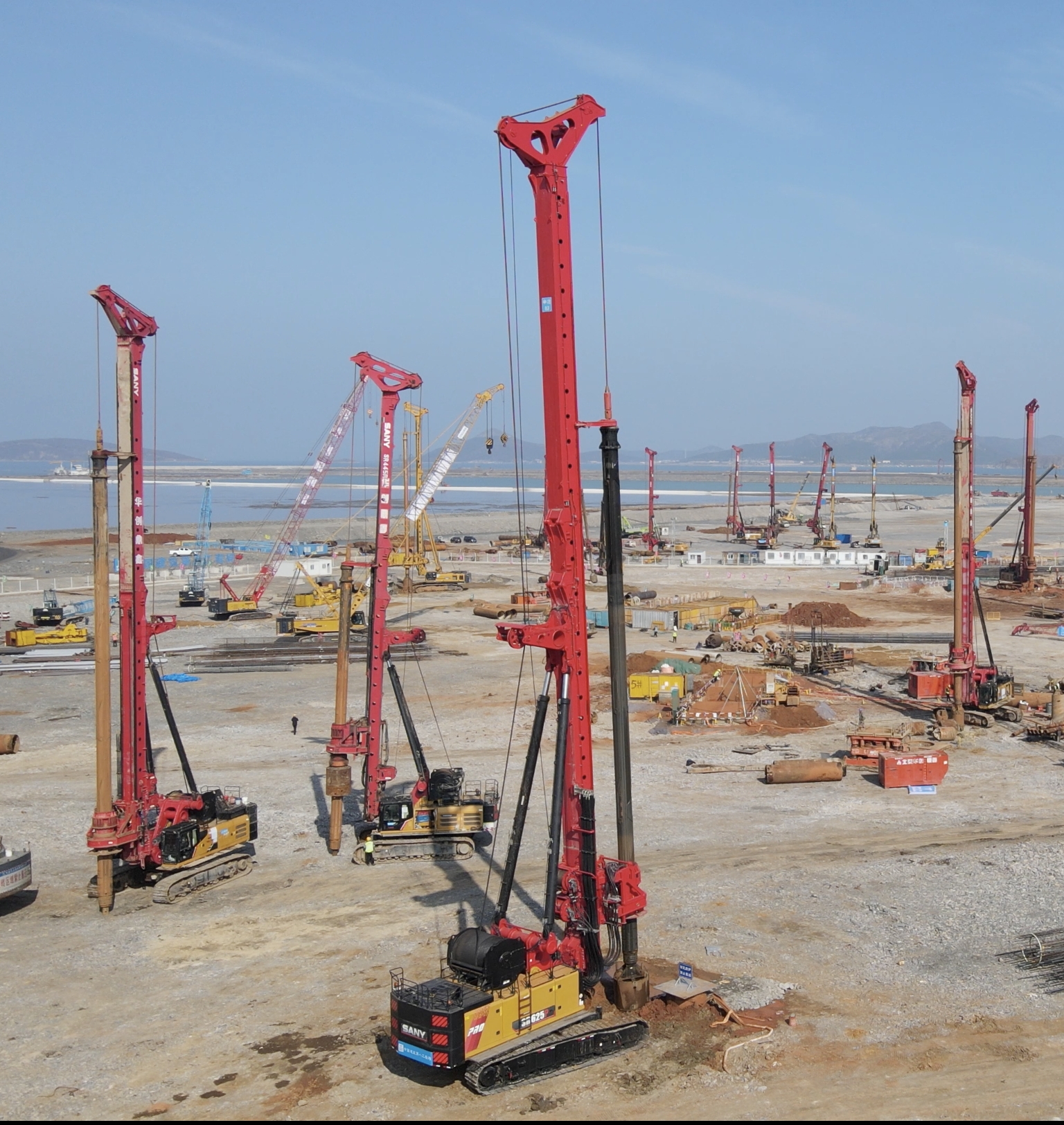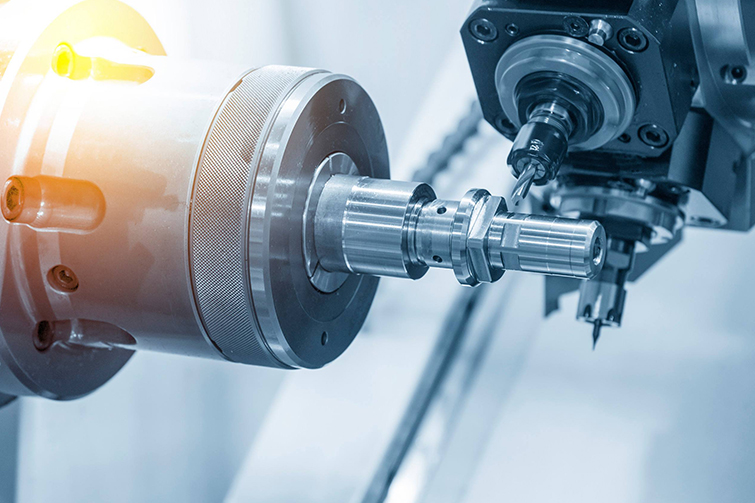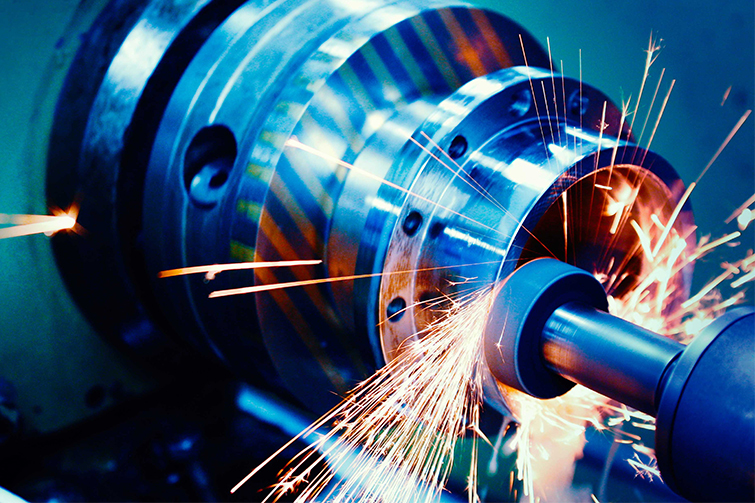

The Pillars of Technology: Understanding the Importance of Reliable and Stable Systems

Introduction to Reliability and Stability in Technology
In today's digital age, the terms reliable and stable are more than just buzzwords; they are critical benchmarks for any technological system. A reliable system performs its intended functions under specific conditions for a specified period, while a stable system maintains its performance without unexpected fluctuations.
Why Reliability and Stability Matter
The importance of reliability and stability cannot be overstated. They ensure that businesses can operate smoothly, without the fear of downtime or data loss, which can lead to significant financial losses and damage to reputation. In sectors like healthcare, finance, and e-commerce, these factors are even more critical.
How to Achieve Reliable and Stable Systems
Achieving reliability and stability requires a multifaceted approach. It involves thorough testing, regular maintenance, and the implementation of robust security measures. Additionally, choosing the right hardware and software that are known for their reliability is crucial.
The Role of Redundancy and Failover Mechanisms
Redundancy and failover mechanisms play a pivotal role in enhancing system reliability and stability. By having backup systems in place, businesses can ensure continuous operation even in the event of a failure, minimizing downtime and maintaining service availability.
Monitoring and Continuous Improvement
Continuous monitoring and improvement are essential for maintaining the reliability and stability of systems. This involves regularly reviewing system performance, identifying potential issues before they escalate, and implementing updates or patches as needed.
Frequently Asked Questions
What is the difference between reliability and stability in technology?Reliability refers to the ability of a system to perform its required functions under given conditions for a specified period, whereas stability refers to the system's ability to maintain consistent performance without unexpected changes.
How can businesses ensure their systems are reliable and stable?Businesses can ensure their systems are reliable and stable by implementing thorough testing protocols, regular maintenance schedules, robust security measures, and by choosing reliable hardware and software solutions.
Why are redundancy and failover mechanisms important?Redundancy and failover mechanisms are important because they provide backup systems that can take over in case of a failure, ensuring continuous operation and minimizing downtime.








